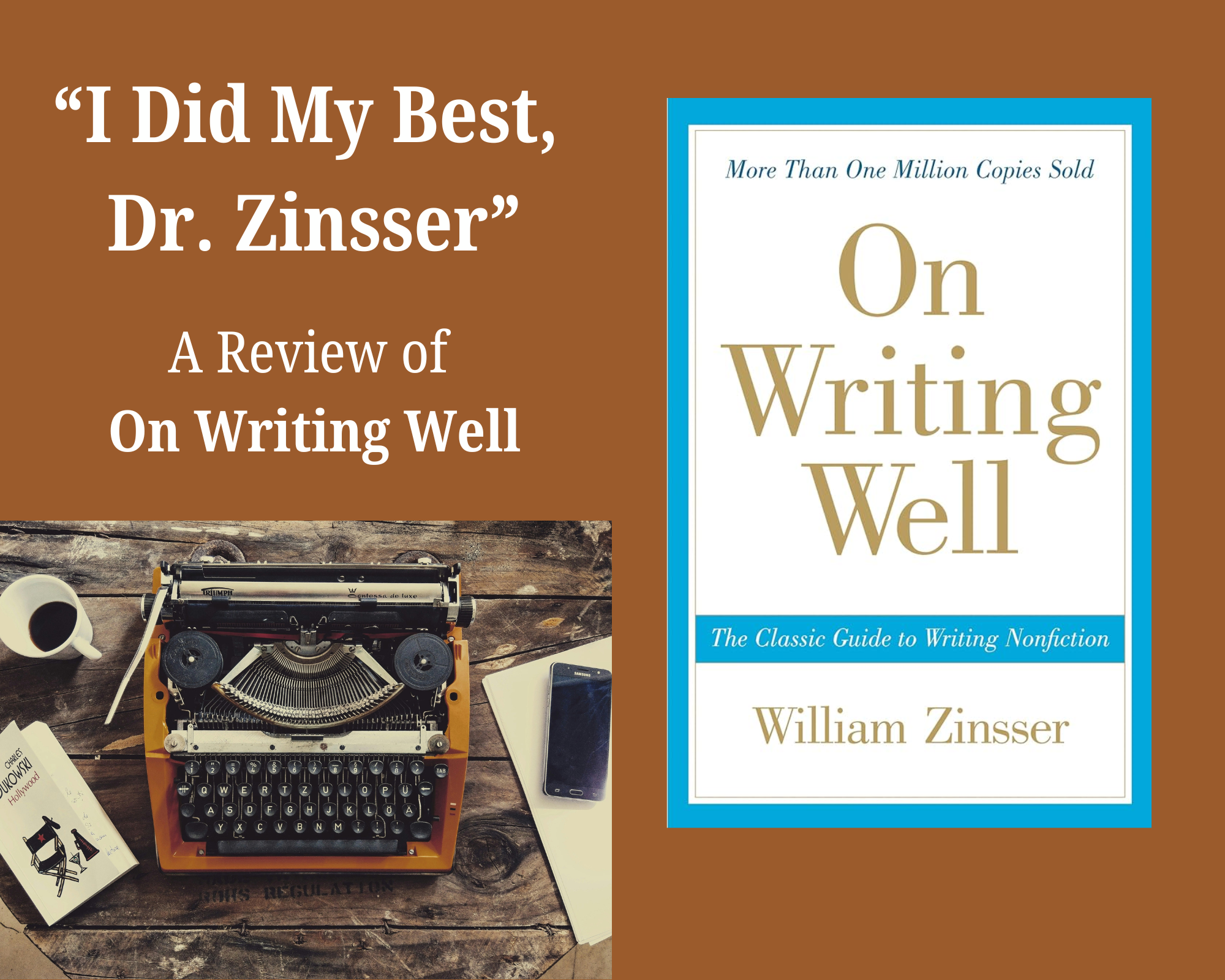In many ways we’re living in a golden age for writers.
The path to a sizeable audience for your story or message has never been more accessible.
But as I’ve worked with thousands of writers over the past twenty-plus years, I’ve become aware of ways writers can be their own worst enemies.
Certain mindsets cut writers off at the knees and keep them from doing their most important work, to say nothing of the fun they could have doing it.
In this article I’d like to share ten ways writers get in their own way as well as what the most successful and productive writers do instead.
1. They don’t isolate
Instead, they connect with other writers. They check in regularly with a writing buddy or join a writers group for feedback, encouragement, and accountability. They don’t go it alone.
2. They don’t believe writing is indulgent
Instead, they see writing as a sacred vocation and a means for effecting profound change in the world. They approach writing as an honor and duty always, a joy sometimes.
[Tweet “”They don’t believe writing is indulgent” and 9 other things healthy, successful #writers don’t do. #amwriting @chadrallen”]
3. They don’t see writing and platform building as completely different projects
Instead, they see all of it as part of the same endeavor, namely, to serve an audience of like-minded people. Books that have the biggest impact are an organic extension of the platform-related work a writer has been doing for a long time.

4. They don’t work all the time without rewarding themselves
Instead, they set goals and celebrate when they hit those goals. These celebrations create momentum in a virtuous cycle of productivity and influence.
5. They don’t ignore other writers in their space
Instead, they take time to observe what other authors are doing and encourage them. They realize no book exists in a vacuum. They don’t see other writers as competition but as fellow pilgrims. They are generous contributors to a writerly community.
6. They don’t lack clarity about the change they want to see in the world
Instead, they’re passionate about helping their readers in a particular way. And lest you think I’m referring only to nonfiction writers, let me be clear. Novelists too are in the service business. The work of any writer is the art of helping readers.
[Tweet “”The work of any writer is the art of helping readers.” @chadrallen #amwriting”]
7. They don’t focus on their passion without regard for the world’s need
Instead, they take seriously the sentiment articulated so masterfully by author Frederick Buechner: “The place God calls you to is the place where your deep gladness and the world’s deep hunger meet.” Following passion without regard for the world’s hunger is keeping a diary. (Incidentally, trying to address the world’s need without regard for your passion is unsustainable drudgery.)
8. They don’t believe their writing is not worth promoting
Instead, they recognize that if they fail to promote their work, to quote P. T. Barnum, “something terrible will happen: nothing.” They also notice the darkness of all the harmful ideas and products that scoundrels promote the world over without hesitation. And they light a candle in promoting their own work—to give it a chance to do the good it deserves to do.
9. They don’t refuse help
Instead, they readily ask for help. Sometimes they even ask for help about who to ask for help. They don’t stay stuck for long. Particularly with matters of technology, they know the right assistance can free them up to do their most important work. And so, for that reason, the right assistance can be worth its weight in gold.
10. They don’t quit
Instead, they believe firmly in what Michael Hyatt meant when he said, “You can’t fail if you don’t quit.” They keep showing up. They may take a break for a time, but pretty soon they’re back at it, doing their art.
[Tweet “10 things healthy, successful writers DON’T do (and what they do instead), a #writetip article from @chadrallen #writingcommunity”]
Which of these ‘don’ts’ do you need to focus on to move forward in your writing life?





10 Responses
Hi Chad,
I watched your session in the Plot Summit recently and really enjoyed it. I checked out your blog and found this article. So many good points! I think I especially need to remember that writing is not indulgent (I think I’m going to write out this line and put it on my laptop: They approach writing as an honor and duty always, a joy sometimes.) I also need to work on #8. I’ve been terrible about promoting myself. I think I’ve felt like “God will lead people to my blog if they’re supposed to read it.” I know I’ve found encouraging, inspiring resources when people have promoted them, so I need to do that, too. (Ahem, I blog at robynmulder.com) Thanks again! ~Robyn
Wonderful to hear from you, Robyn, and I’m so glad this post was helpful to you! The points you reference are definitely worth keeping in front of you!
I need to work on number 1…
I hear you, and I hope you’ll consider BookCamp! It’s a great community of writers. Learn more over at http://www.bookcamp.us
And thanks so much for commenting!
My weakest link is that I don’t plan rewards for achieving milestones. Perhaps that’s why, when I finished my first draft (which served as my MFA thesis) I suffered what I saw as a writerly version of post partum depression. At the time, I turned to the internet, wondering if this was maybe ‘a thing.’ Indeed it is. Sooo… I see many milestone rewards in my future?
Wonderful! You deserve every single one of them, Rosemary!
These are good, so good. I will choose to focus on Number 2: they don’t believe writing is indulgent – – because it brings me joy. Also because thinking in this manner has improved my accomplishment on piano greatly over the past 20 years so I am sure it is just as effective for writing. Writing (like piano) is the way I give of myself to the rest of the world.
That’s the right perspective, Cherry! I hope the world sees more and more of your writing in the coming days.
Thanks so much for these insights! I’m definitely struggling with no. 3. I think I push platform off to the side because it seems like it would require such a huge investment of my time, and I’d rather be writing. 😉 I’m working on my first novel now and have been thinking it is too early to build platform. If not, I would really appreciate some tips on little ways to integrate platform building into my writing time now, so that I won’t be presenting my first baby to an empty room. Thank you!
Yes! Do a search on my site for “platform” to find all kinds of advice. If you’d like to learn more about a community where I personally will help you grow your platform, see http://www.BookCamp.us
And thanks so much for commenting!